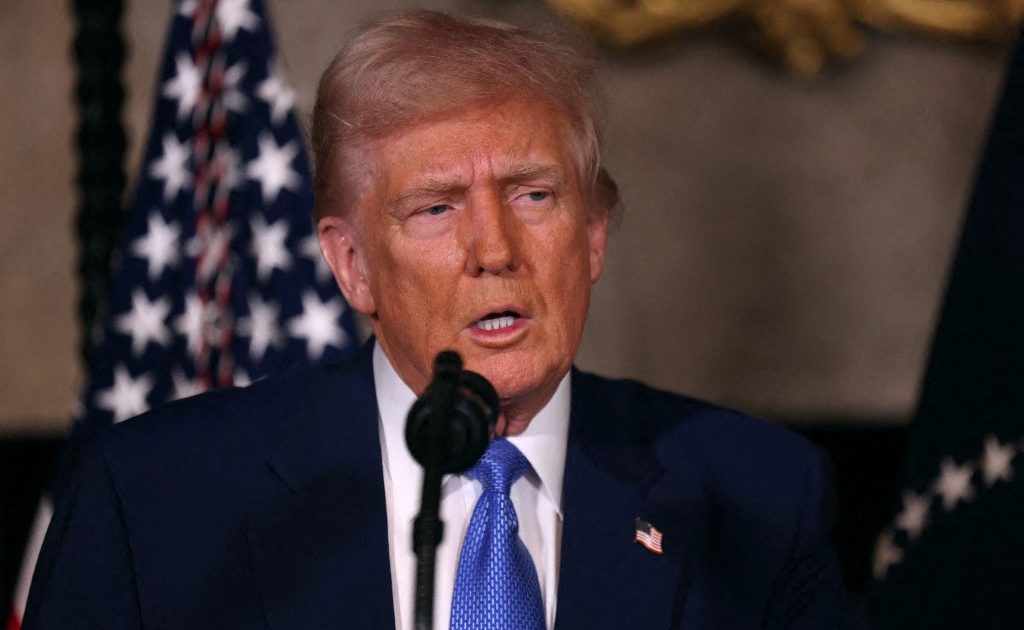The escalating conflict in Yemen took a grim turn with a US military airstrike on the Ras Issa fuel port, a critical economic lifeline for the Houthi rebels. The US military justified the attack as a necessary measure to disrupt the flow of resources to the Iran-backed group, accusing them of using the port to fund their activities and terrorize the region. Washington asserts that the rebels have persistently exploited the port, despite earlier designations as a foreign terrorist organization, to procure fuel and generate revenue, exacerbating the suffering of the Yemeni people. The strikes come amidst an intensified US air campaign targeting the Houthis, launched on March 15th, in response to escalated attacks on civilian and military vessels in the Red Sea and the Gulf of Aden. These Houthi attacks, initiated in late 2023, were purportedly in solidarity with Palestinians in Gaza.
The consequences of the Ras Issa port strike were devastating. Houthi health officials reported a preliminary death toll of 20, including five paramedics, with 50 others wounded. The grim reality of the attack was further underscored by the possibility of a higher death toll, as recovery efforts continued to identify body parts amidst the wreckage. Graphic images released by the Houthi-affiliated Al-Masira channel depicted a scene of utter destruction: fireballs engulfing ships, thick plumes of smoke billowing into the sky, and desperate rescue teams attempting to extract victims and extinguish the raging fires. This incident underscores the perilous humanitarian situation in Yemen, already ravaged by years of conflict and facing a severe humanitarian crisis.
The attack on the Ras Issa port is not an isolated incident. It unfolds against a backdrop of escalating tensions in the region, particularly involving Israel and the Houthis. The rebels have repeatedly launched missile and drone attacks on Israel since the outbreak of the Gaza war in October 2023, following Hamas’s attack on Israeli territory. Israel’s defense forces confirmed intercepting a missile launched from Yemen, highlighting the growing security threat posed by the Houthis. The conflict’s ramifications extend beyond Yemen and Israel, impacting international maritime traffic. Houthi attacks have disrupted shipping through the Suez Canal, a crucial global trade artery, forcing many shipping companies to take longer, costlier routes around the southern tip of Africa.
The US military intervention in Yemen reflects a continuation of policies adopted by previous administrations. Strikes against the Houthis began under President Biden and have been amplified under President Trump, who has pledged to sustain military pressure until the rebels cease posing a threat to maritime security. This ongoing engagement highlights the complex geopolitical dynamics at play, with the US determined to counter Iranian influence in the region and safeguard vital shipping lanes. The regional stability is further complicated by the involvement of other international actors. France, for instance, reported destroying a Houthi drone launched from Yemen, demonstrating its commitment to preserving maritime freedom of movement in the Red Sea.
Adding another layer of complexity to the situation are accusations leveled by the US State Department against a Chinese satellite company, Chang Guang Satellite Technology Company. The US alleges that this company has been directly supporting Houthi attacks on US interests by providing satellite imagery, further straining US-China relations. This accusation underscores the broader geopolitical rivalry between the US and China and raises concerns about China’s role in the Yemeni conflict. Washington contends that Beijing’s alleged backing of the company, even after private diplomatic engagements, contradicts China’s public pronouncements of supporting peace.
The attack on the Ras Issa fuel port exemplifies the multifaceted challenges plaguing Yemen. The conflict involves both regional and international actors, is fueled by complex political and economic interests, and inflicts immense suffering on the Yemeni population. The targeting of crucial infrastructure like the port further exacerbates the humanitarian crisis, disrupting the flow of essential supplies and potentially deepening the already dire humanitarian situation. As the conflict continues, finding a path towards a peaceful resolution becomes increasingly urgent to alleviate the suffering of the Yemeni people and stabilize the region. The international community faces the daunting task of addressing the underlying causes of the conflict, fostering dialogue among the warring parties, and providing humanitarian assistance to the millions affected by this protracted war.














